Apple sends urgent warning to iPhone users
Apple has sent a notice to iPhone users in 92 countries about the risk of becoming the target of "mercenary malware" attacks.
In the warning, the company wrote: “Apple has detected that you have been targeted by a malicious attack that is attempting to remotely take control of an iPhone associated with Apple ID -xxx-.”
“Malware for hire” is how Apple refers to government- backed malware attacks against enemy nations.
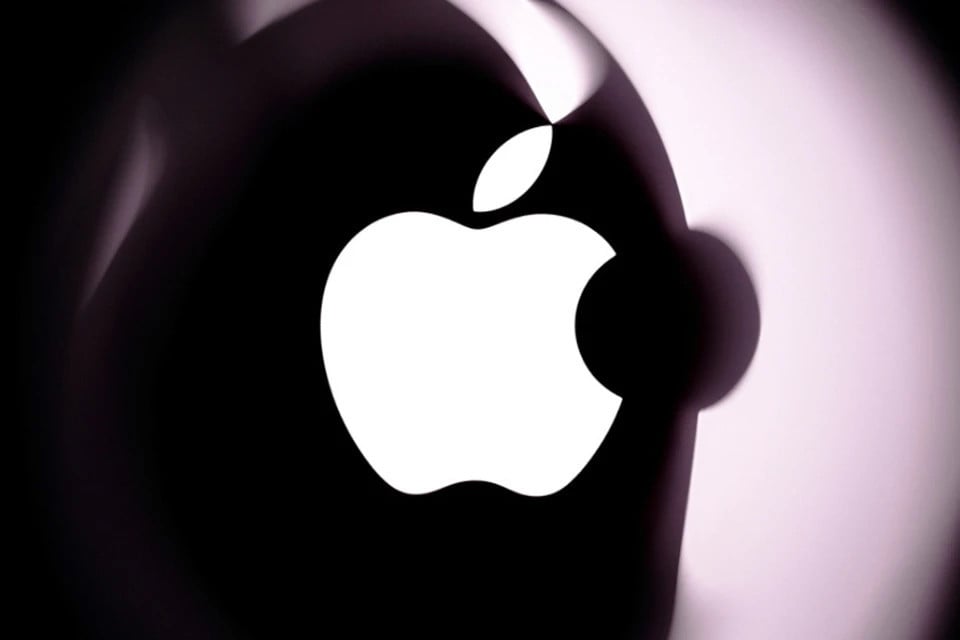
The company said that while it could not be 100% sure of identifying the attacks, the warning was well-founded and asked users to take it “seriously.”
Last October, Apple sent a similar warning to several journalists and politicians in India. Amnesty International later announced that it had found NSO Group's Pegasus spyware on the iPhones of prominent journalists in the country.
TSMC receives more than $11 billion in subsidies from the US
TSMC will produce the most modern chips in the US after receiving a maximum funding commitment of $11.6 billion from the Joe Biden administration.
The world's largest chip foundry said it will build a third factory in Arizona in addition to two others already under construction.
The company's first factory here is expected to start operating in 2025 and produce 4nm chips. The second factory is expected to produce 3nm and 2nm chips in 2028.
TSMC will receive up to $6.6 billion in direct funding from the US government and can borrow an additional $5 billion.
This is the largest financial grant the US government has given to a foreign chipmaker to date.
Following the latest deal, TSMC agreed to increase its total investment in the US by more than 60% to more than $65 billion from the previous $40 billion.
Lael Brainard, President Biden's chief economic adviser, called TSMC's commitment to manufacturing cutting-edge semiconductors on American soil "a new chapter for the American semiconductor industry."
Google joins the chip war with Amazon and Microsoft
At the Cloud Next event held on April 9, Google introduced a new server chip, expected to be available later this year.
With this chip, the search company is following in the footsteps of rivals like Amazon and Microsoft.
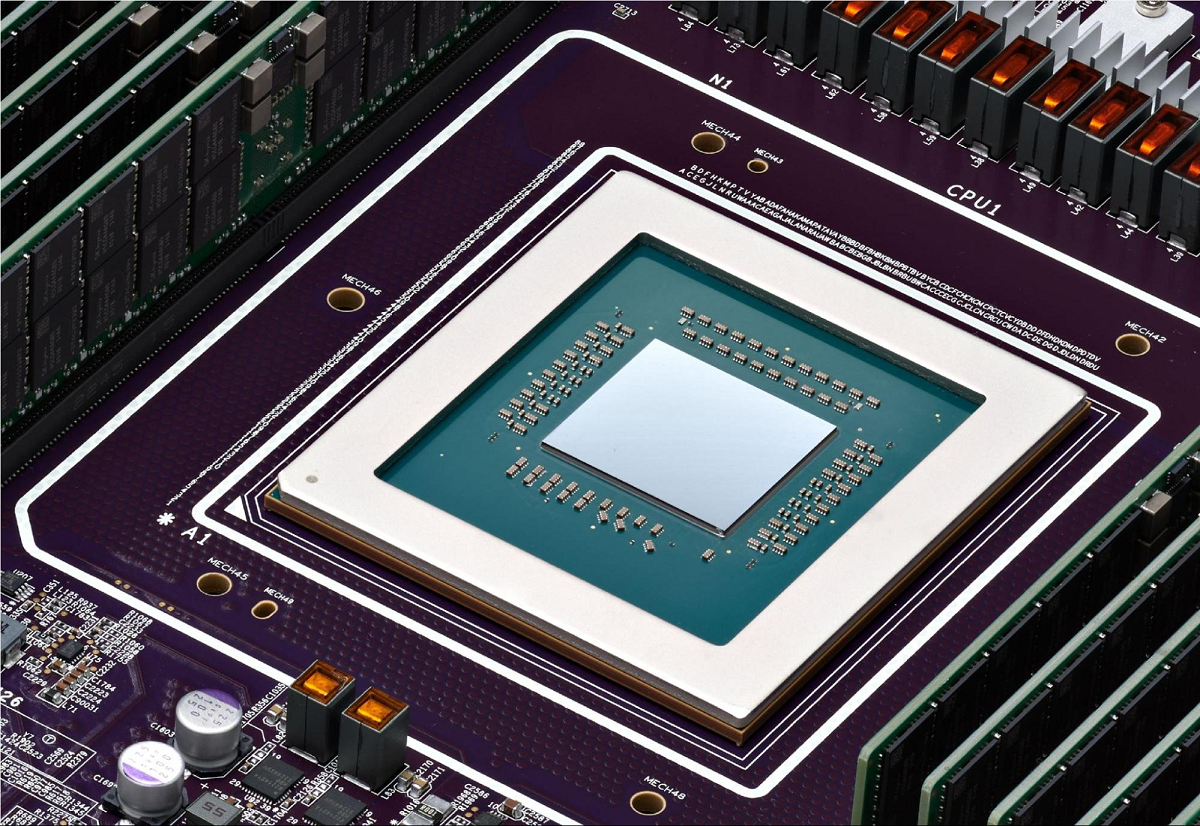
The “big guys” are competing fiercely in the cloud infrastructure market, where organizations rent resources in remote data centers and pay based on usage.
Three-quarters of Alphabet, Google's parent company,'s revenue comes from advertising, but its cloud business is growing faster and now accounts for nearly 11% of the company's revenue.
Google will hold 7.5% of the cloud infrastructure market by 2022, while Amazon and Microsoft together will control about 62%, according to Gartner estimates.
Alibaba Chairman Admits China's AI Is Two Years Behind the US
Alibaba co-founder and Chairman Joe Tsai commented that China is two years behind the US in the global artificial intelligence (AI) race, partly due to Washington's technological restrictions.
“China is clearly lagging behind,” Tsai said, citing OpenAI, the developer of ChatGPT, as an example, as it has outpaced the rest of the tech industry in AI innovation. The Alibaba chairman made the comments in a podcast with Nicolai Tangen, CEO of investment bank Norges Bank.
Mr. Tsai pointed out that Chinese tech firms “may be two years behind” leading AI companies in the US.
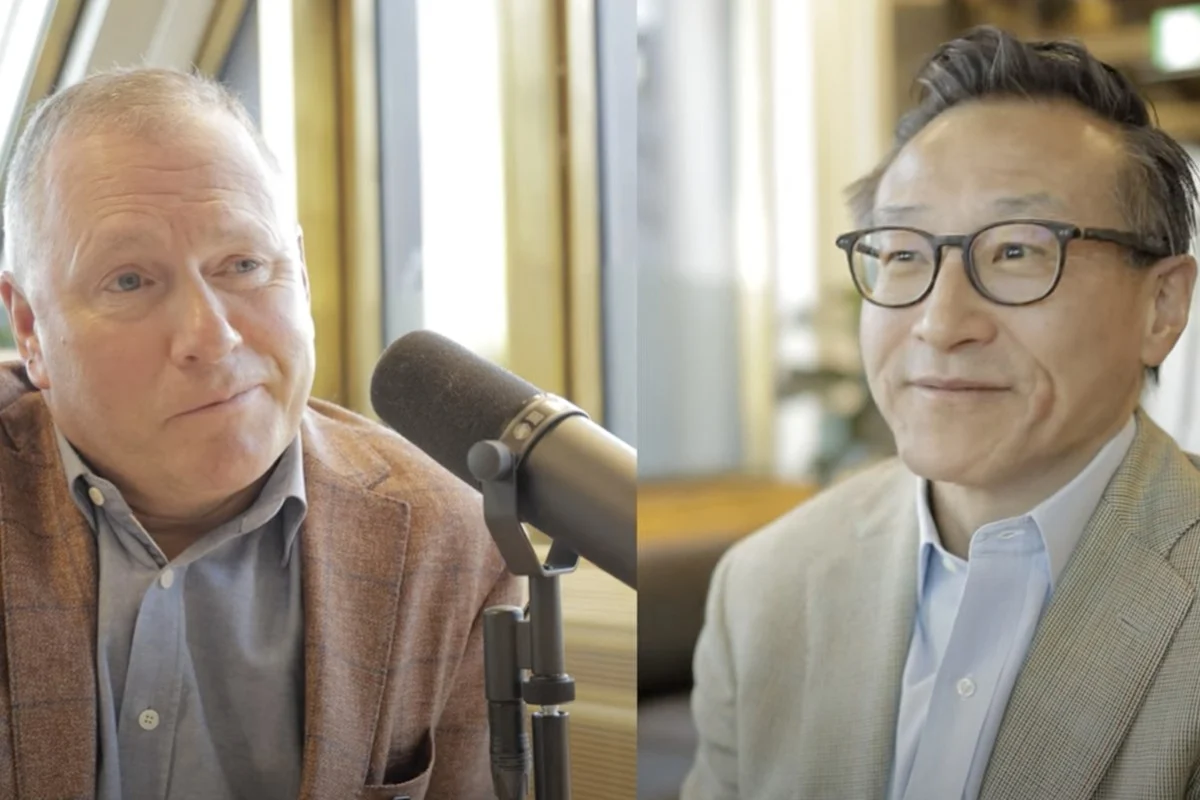
US export restrictions aimed at cutting off China's access to advanced semiconductors such as Nvidia's graphics processing units (GPUs) are "certainly affecting" mainland tech firms, including Alibaba.
Mr. Tsai’s candid comments in the interview reflect concerns within China’s tech industry at large about how export controls are stifling domestic AI innovation, making it less competitive in this important field.

Source


![[Photo] General Secretary To Lam receives US Ambassador to Vietnam Marc Knapper](https://vphoto.vietnam.vn/thumb/1200x675/vietnam/resource/IMAGE/2025/9/29/c8fd0761aa184da7814aee57d87c49b3)
![[Photo] General Secretary To Lam, Secretary of the Central Military Commission attends the 12th Party Congress of the Army](https://vphoto.vietnam.vn/thumb/1200x675/vietnam/resource/IMAGE/2025/9/30/9b63aaa37ddb472ead84e3870a8ae825)

![[Photo] General Secretary To Lam attends the ceremony to celebrate the 80th anniversary of the post and telecommunications sector and the 66th anniversary of the science and technology sector.](https://vphoto.vietnam.vn/thumb/1200x675/vietnam/resource/IMAGE/2025/9/29/8e86b39b8fe44121a2b14a031f4cef46)
![[Photo] Many streets in Hanoi were flooded due to the effects of storm Bualoi](https://vphoto.vietnam.vn/thumb/1200x675/vietnam/resource/IMAGE/2025/9/29/18b658aa0fa2495c927ade4bbe0096df)










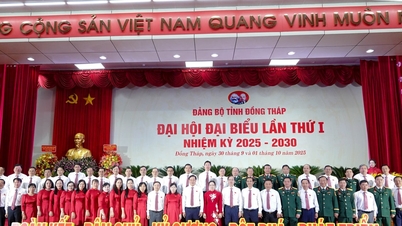




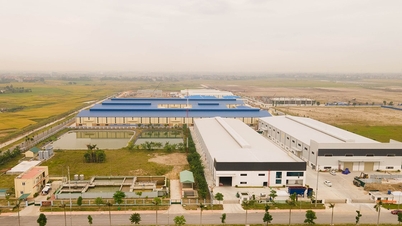
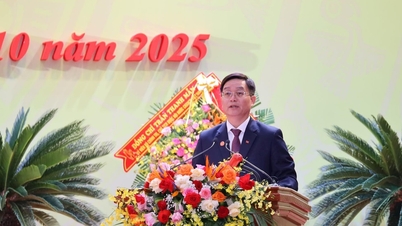








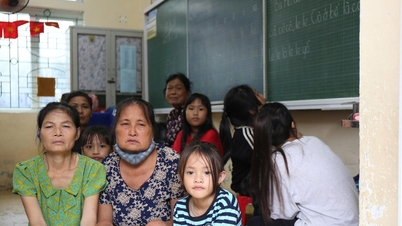

![[Photo] National Assembly Chairman Tran Thanh Man chairs the 8th Conference of full-time National Assembly deputies](https://vphoto.vietnam.vn/thumb/1200x675/vietnam/resource/IMAGE/2025/9/29/2c21459bc38d44ffaacd679ab9a0477c)







































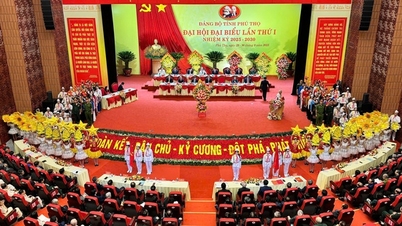

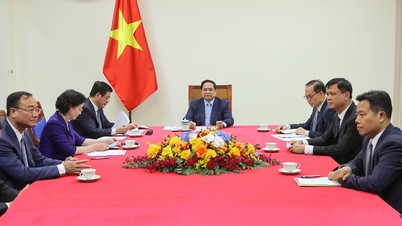


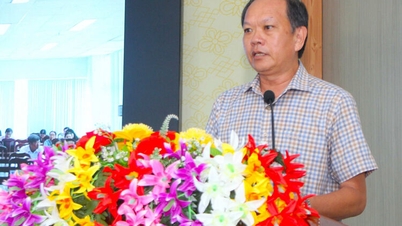





















Comment (0)